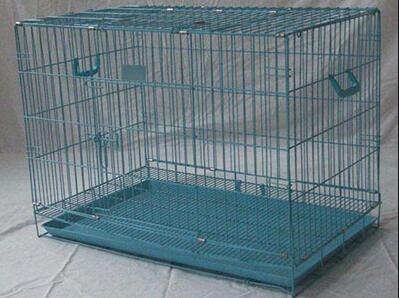The Versatility and Benefits of Stainless Steel Screens
Stainless steel screens have emerged as a popular choice in various industries due to their remarkable durability, strength, and resistance to corrosion. From architectural applications to industrial uses, the advantages of stainless steel screens are manifold, making them an essential material in modern construction and manufacturing processes.
What is Stainless Steel?
Stainless steel is an alloy primarily composed of iron, with a minimum of 10.5% chromium content, which gives it its unique properties. This chromium layer forms a passive coating on the surface, preventing the underlying iron from rusting. Stainless steel can also include other elements, such as nickel and molybdenum, which enhance its mechanical properties and resistance to harsh environments.
Applications of Stainless Steel Screens
1. Construction and Architecture In modern architecture, stainless steel screens are often used for facades, decorative elements, and security features. Their aesthetic appeal, combined with their strength, makes them ideal for contemporary buildings. Architects use stainless steel screens to create visually striking exteriors while ensuring durability and low maintenance.
2. Industrial Uses In industrial settings, stainless steel screens are utilized for filtration and separation processes. Their resistance to corrosion, high temperatures, and chemicals makes them suitable for demanding environments such as petrochemical plants, pharmaceuticals, and food processing facilities. Stainless steel mesh is essential for filtering liquids and gasses, providing effective solutions for a variety of industrial applications.
3. Safety and Security Stainless steel screens serve as protective barriers in many contexts. They are commonly employed in windows and doors for security purposes, deterring unauthorized access while allowing visibility and ventilation. In addition, they are often used in public spaces as protective grilles that safeguard against vandalism and enhance security.
4. Environmental Applications As sustainability becomes increasingly important, stainless steel screens are gaining traction in environmental applications. They are often employed in waste management systems for composting and recycling, where their corrosion resistance and durability play a significant role in ensuring long-lasting performance. Furthermore, stainless steel’s recyclability contributes to environmental conservation efforts.
stainless steel screen

Benefits of Using Stainless Steel Screens
1. Durability One of the most significant advantages of stainless steel screens is their exceptional durability. They can withstand extreme weather conditions, making them suitable for both indoor and outdoor applications. Their ability to resist impact and stress ensures a long lifespan, reducing the need for frequent replacements.
2. Corrosion Resistance Stainless steel is inherently resistant to corrosion, making it an ideal choice for applications exposed to moisture, chemicals, or harsh environments. Unlike other materials, stainless steel does not succumb to rust, which prolongs its life and functionality.
3. Low Maintenance Stainless steel screens require minimal maintenance, making them cost-effective in the long run. A simple cleaning routine is often sufficient to keep them looking new, as they do not harbor dirt or grime as easily as other materials.
4. Aesthetic Appeal The sleek, modern appearance of stainless steel can enhance the visual appeal of various structures. Its versatility allows it to be finished in various ways—polished, textured, or painted—enabling it to fit seamlessly into different design philosophies.
5. Sustainability The fact that stainless steel is 100% recyclable adds to its appeal, particularly in environmentally-conscious settings. This property, along with its longevity, makes stainless steel screens an environmentally friendly choice for builders and manufacturers.
Conclusion
Stainless steel screens represent a remarkable blend of functionality and aesthetic appeal, making them invaluable in countless applications across diverse industries. Their durability, corrosion resistance, and low maintenance requirements position them as a superior alternative to traditional materials. As industries continue to evolve and prioritize sustainability, stainless steel screens will undoubtedly play a significant role in shaping the future of construction, manufacturing, and environmental management.

















